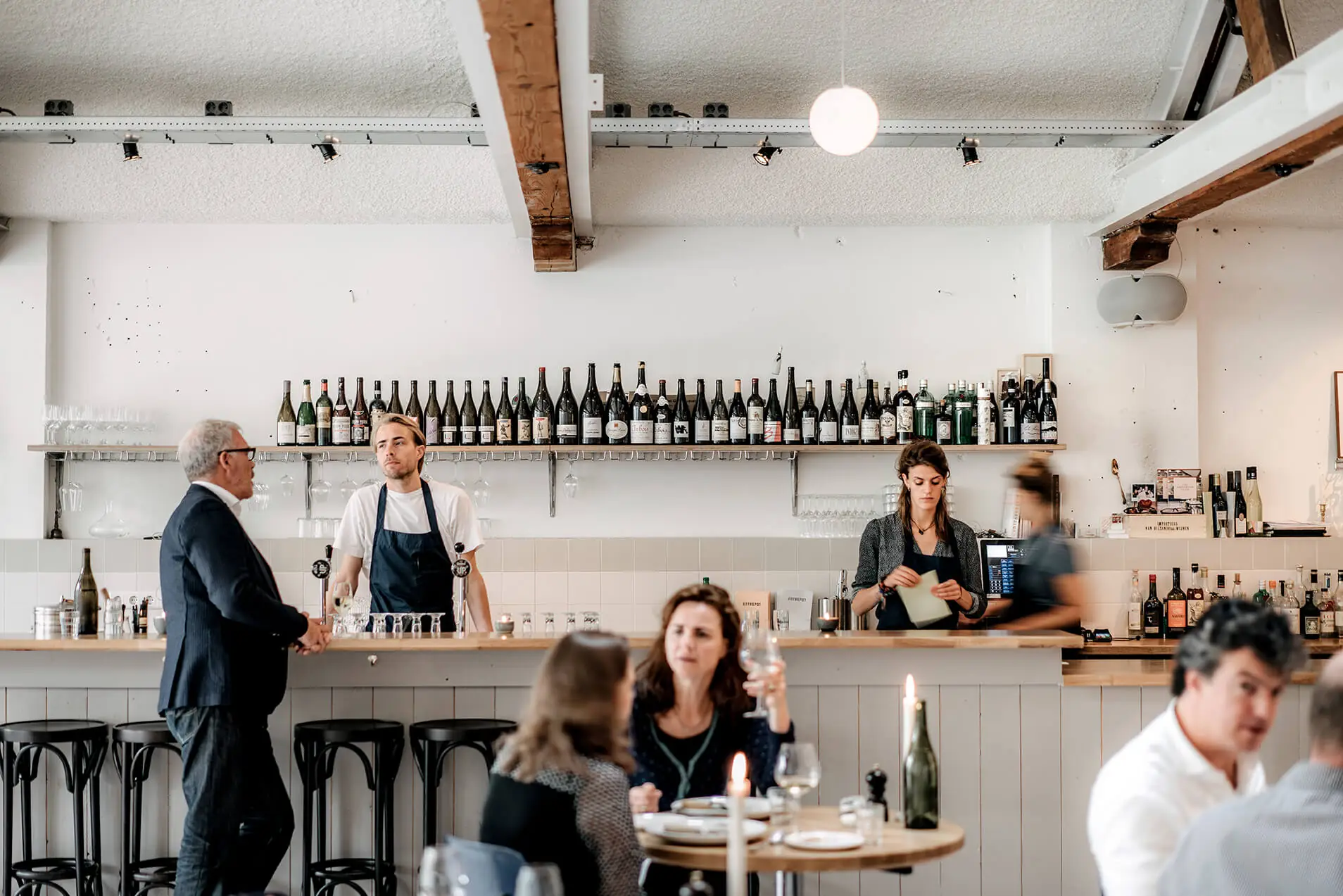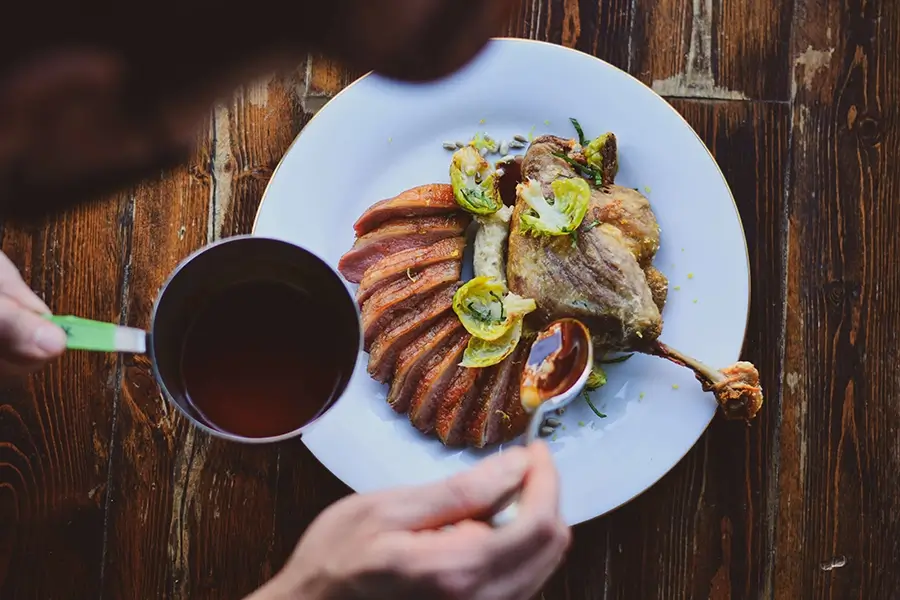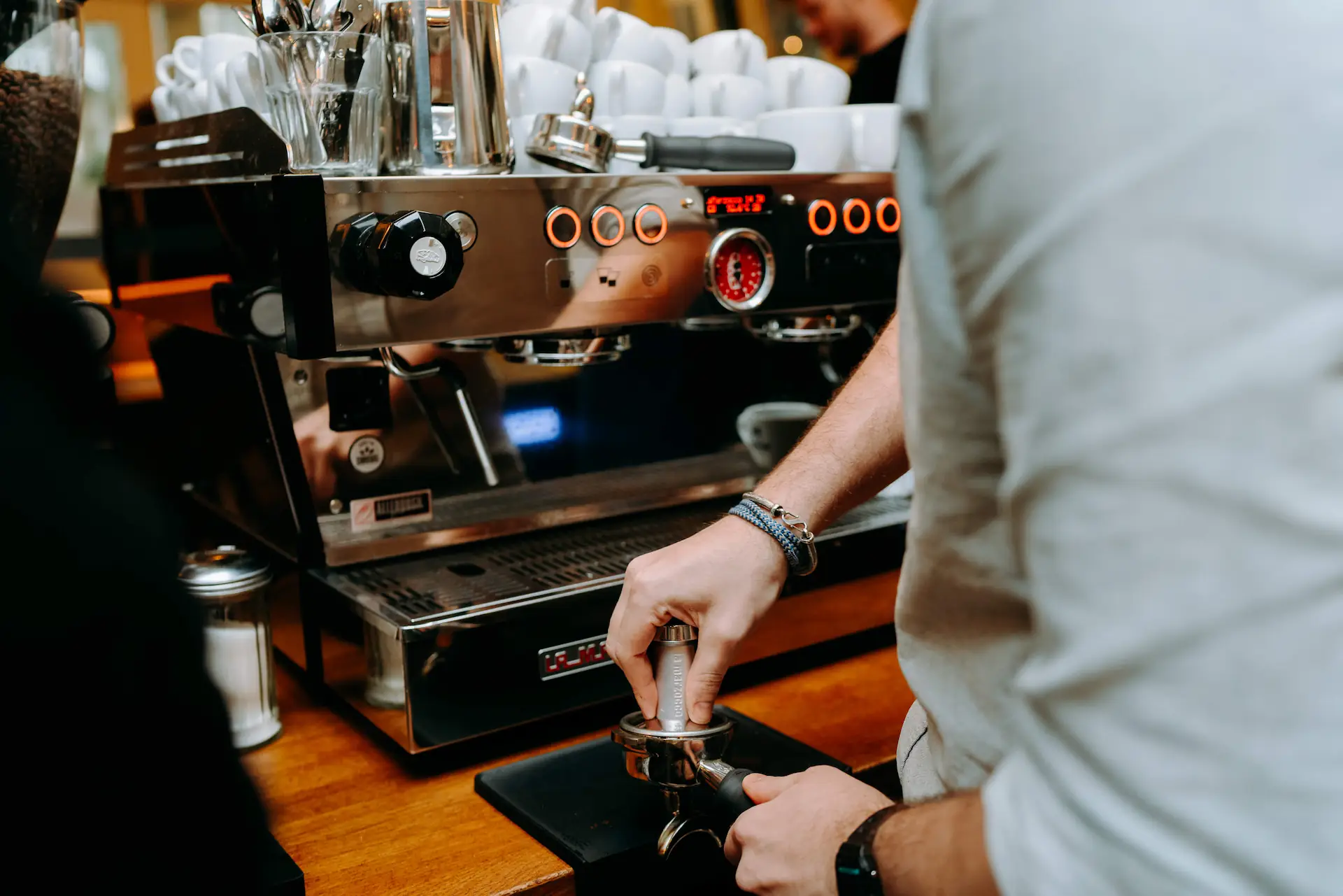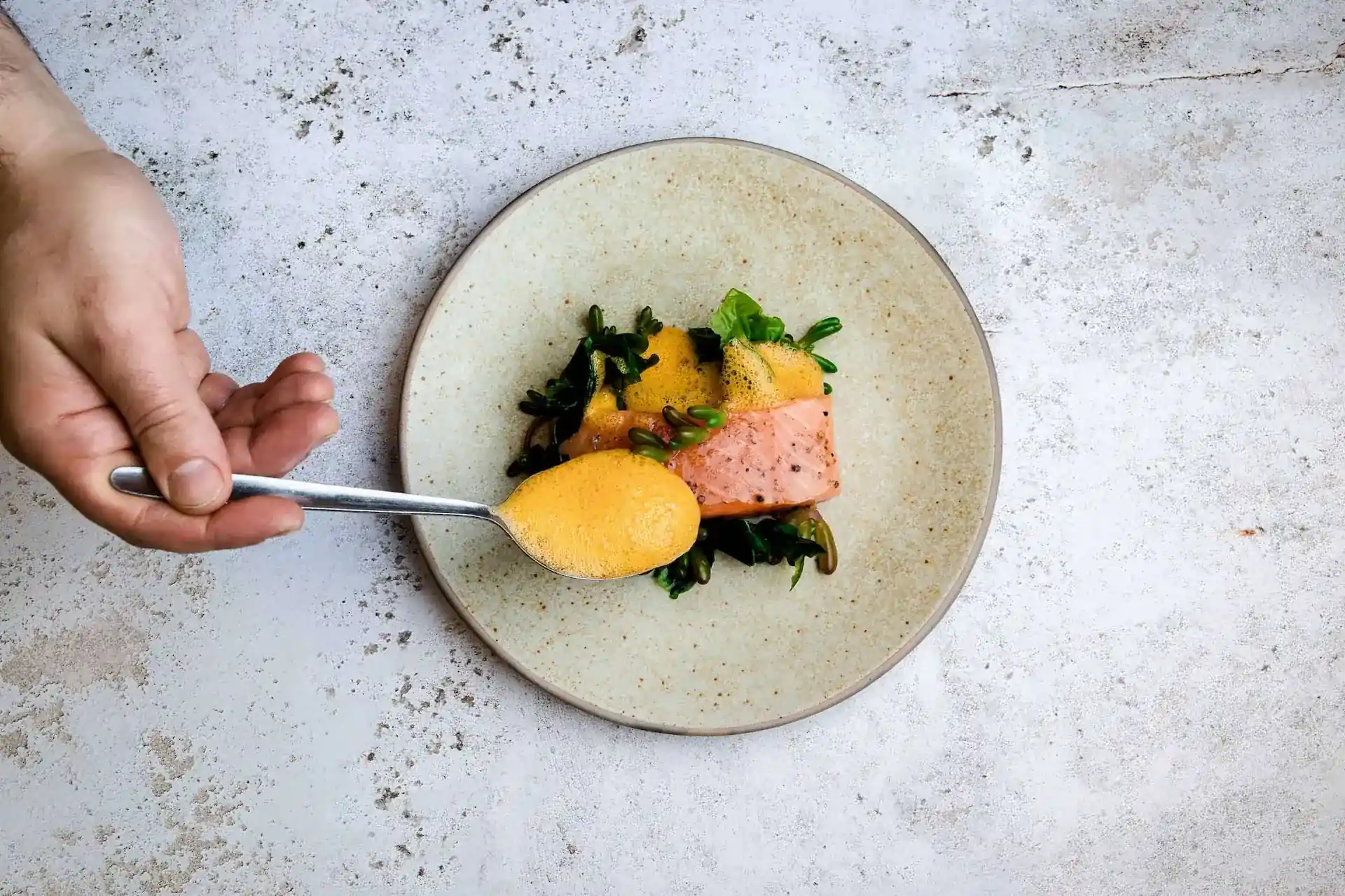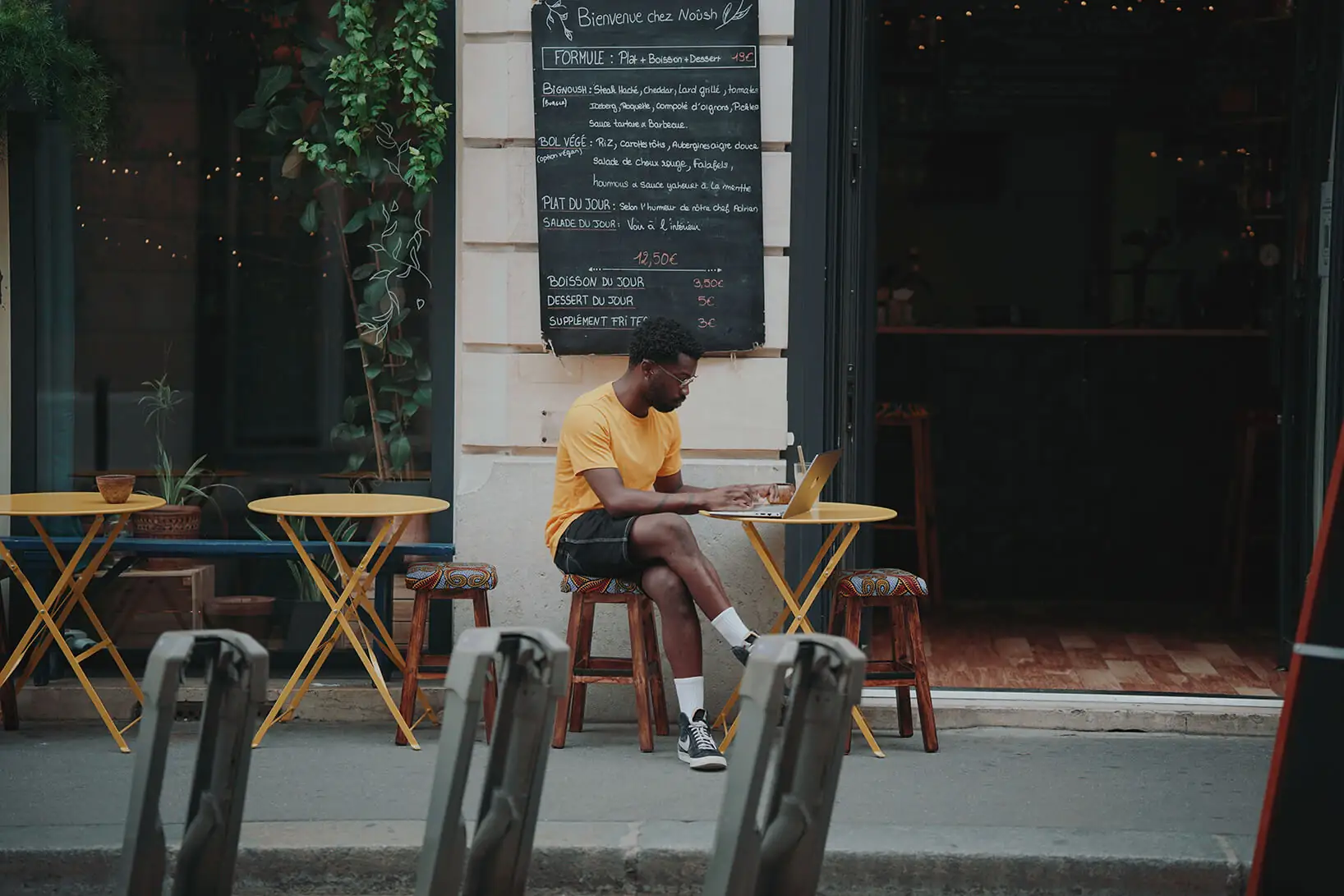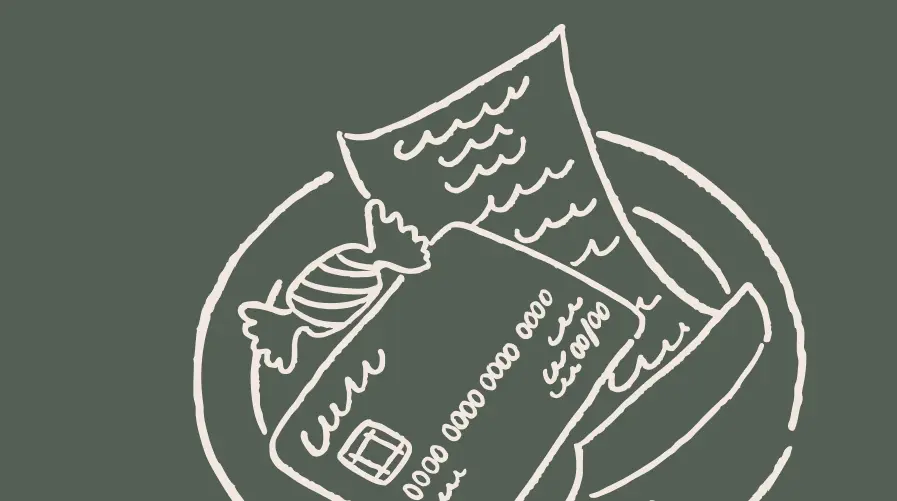What is a restaurant license and when is it required?
Obtaining a license is compulsory for any establishment that sells alcoholic beverages, whether as a main or secondary activity, and whether consumed on or off the premises.
This concerns a wide range of business establishments – from restaurants, bars, pubs, hotels, bar-restaurants, cafés, brasseries, bed and breakfasts and night clubs to wine shops, supermarkets and grocery stores, for example.
Obtaining a license is, therefore, one of the administrative formalities to be completed to open a restaurant. To find out about all the formalities required, see our article on the subject.
The different categories of restaurant license: which one do you need?
The choice of license for your restaurant depends first and foremost on the nature of the drinks sold and the type of sale made.
Beverages are classified according to group:
- Group 1: non-alcoholic drinks (no license is required for the sale of non-alcoholic drinks).
- Groupe 3: alcoholic beverages with an alcohol content of 18° or lower (non-distilled fermented beverages, beer, wine, cider, mead, perry, natural sweet wines, crème de cassis, alcoholic fruit juices, etc.).
- Group 4 and 5: alcoholic beverages with an alcohol content over 18° (distilled spirits, rum, vodka, whisky, gin, etc.).
Here's how to choose the right license for your restaurant:
- If you serve alcohol with meals:
undefined
- Petite license restaurant (for group 3 drinks - wines, beers, ciders, etc.). - If you serve alcohol outside mealtimes (e.g. in a bar-restaurant), you will have to obtain a drinks license (Licence III for group 3 beverages and Licence IV for all types of beverages).
You can sell take-away drinks with a Licence III or a Licence IV.
Good to know:
Food trucks or other itinerant restaurant vendors are not permitted to sell beverages with an alcohol content over 18°.
Source: Service-Public.fr
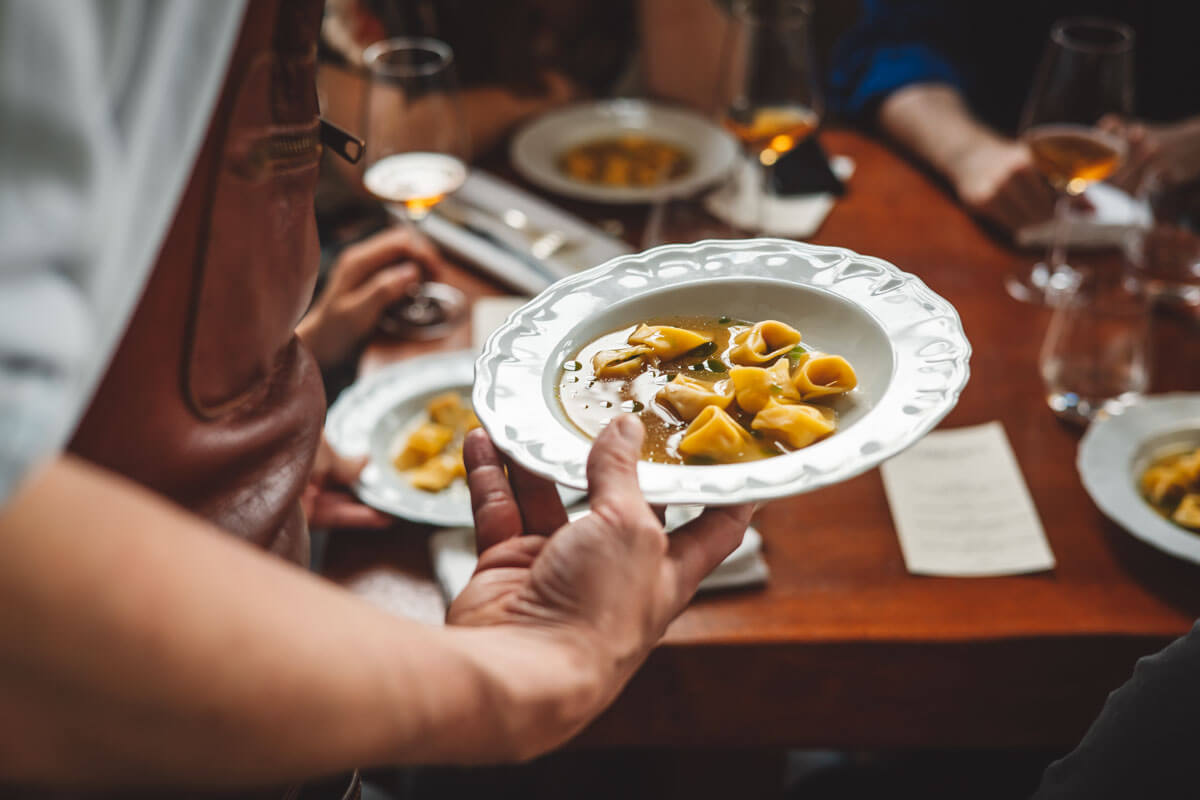

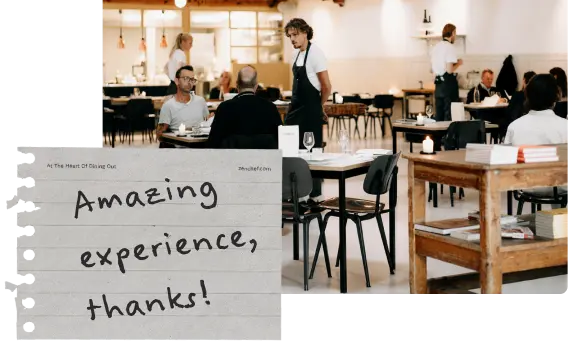

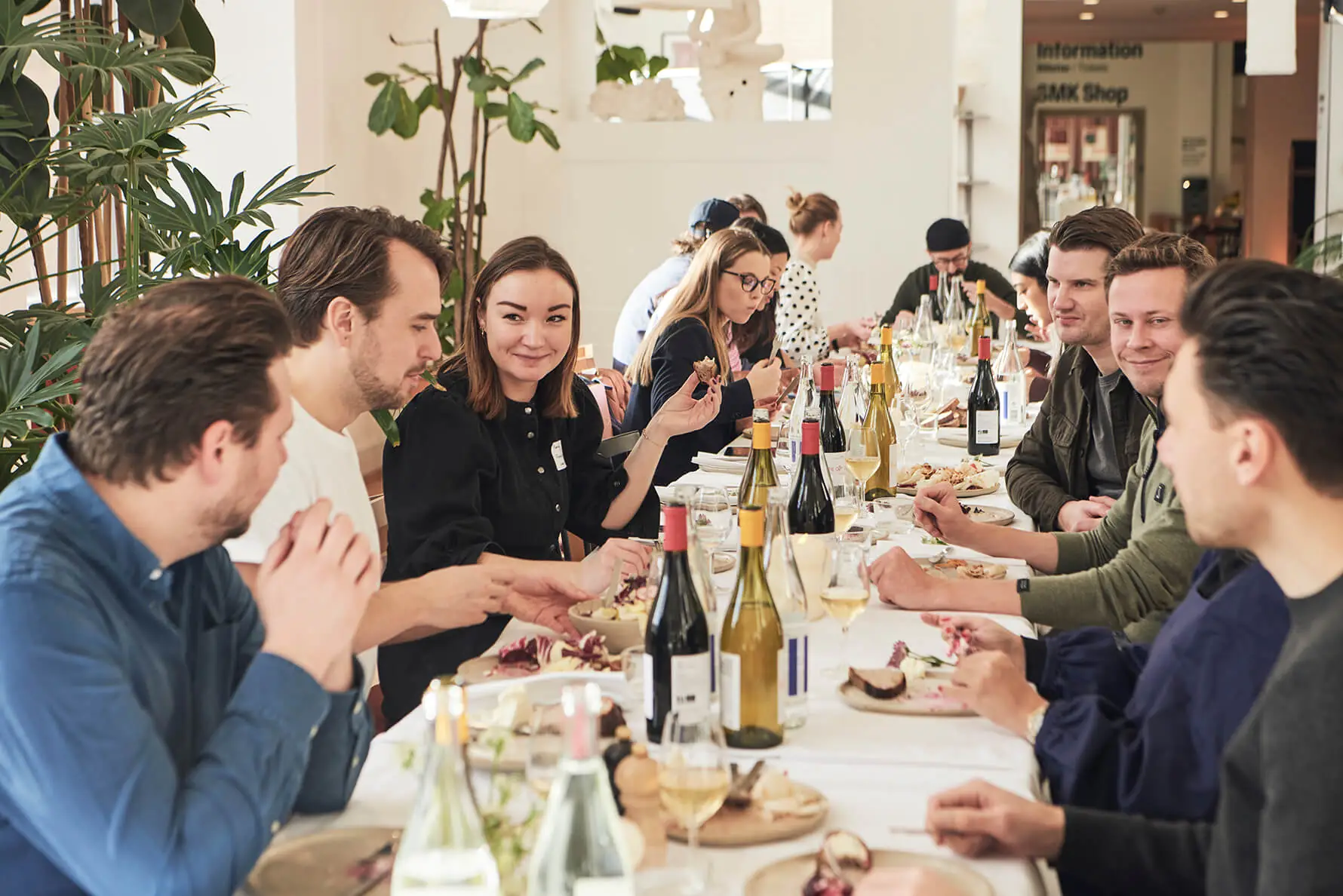
.webp)
